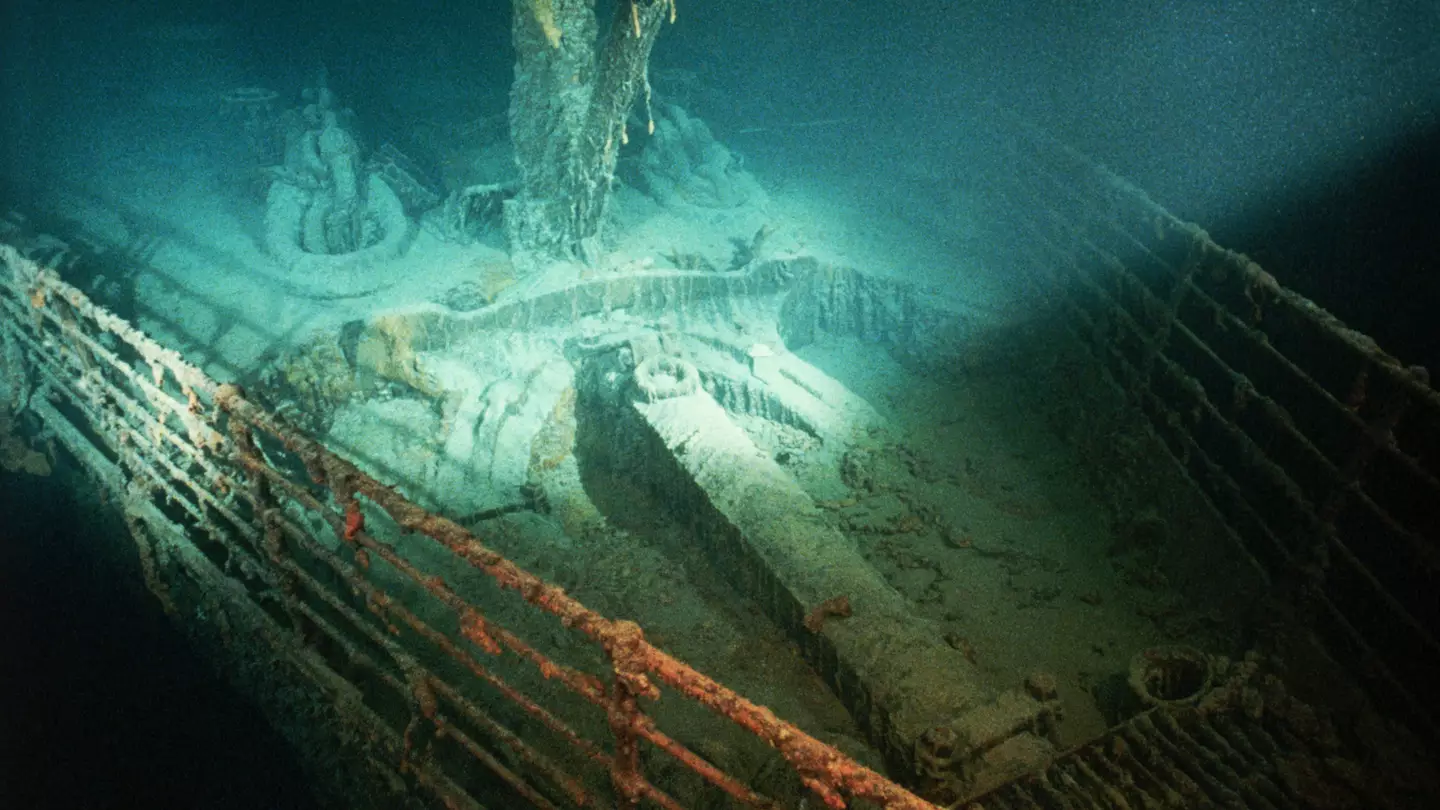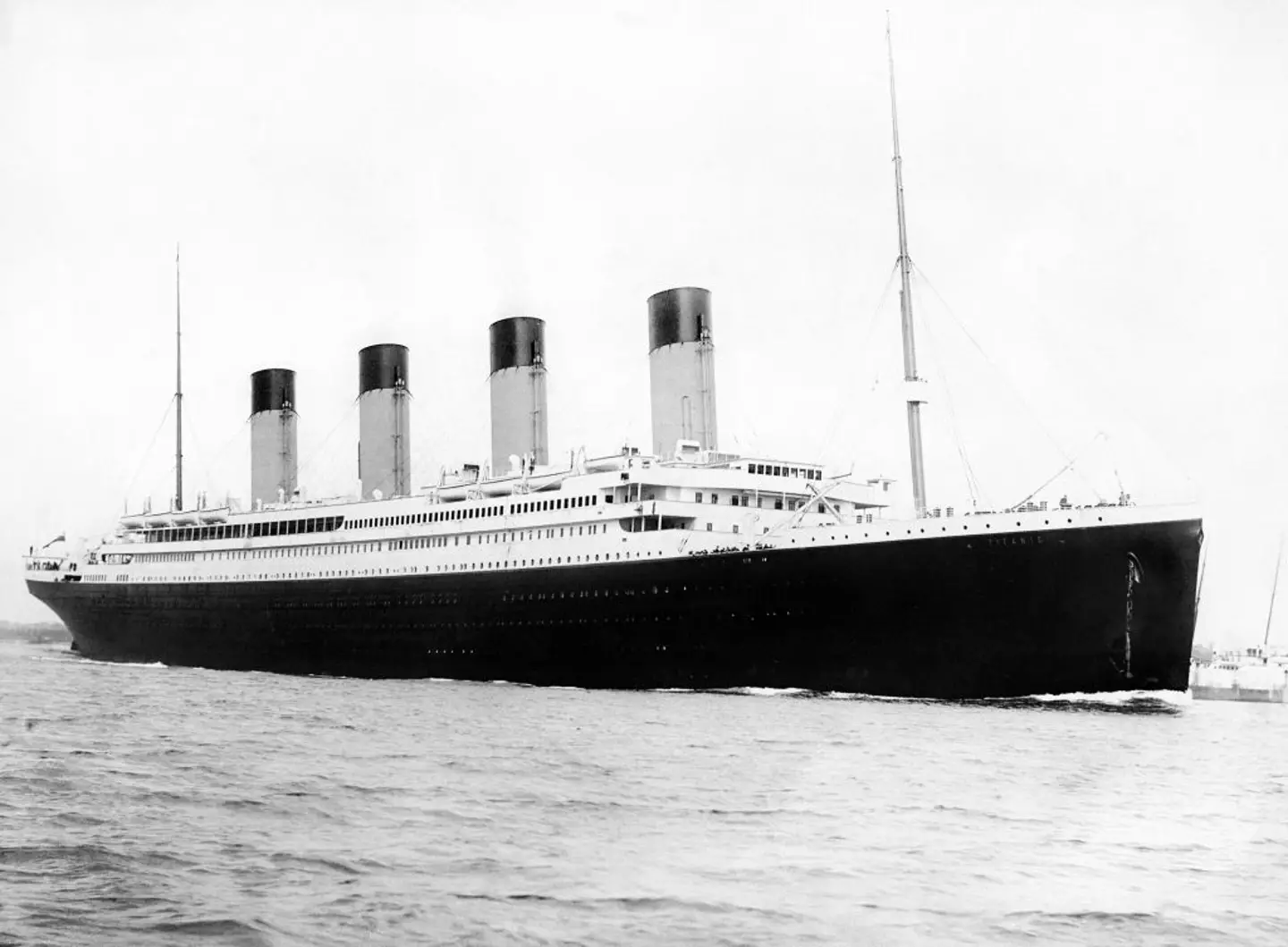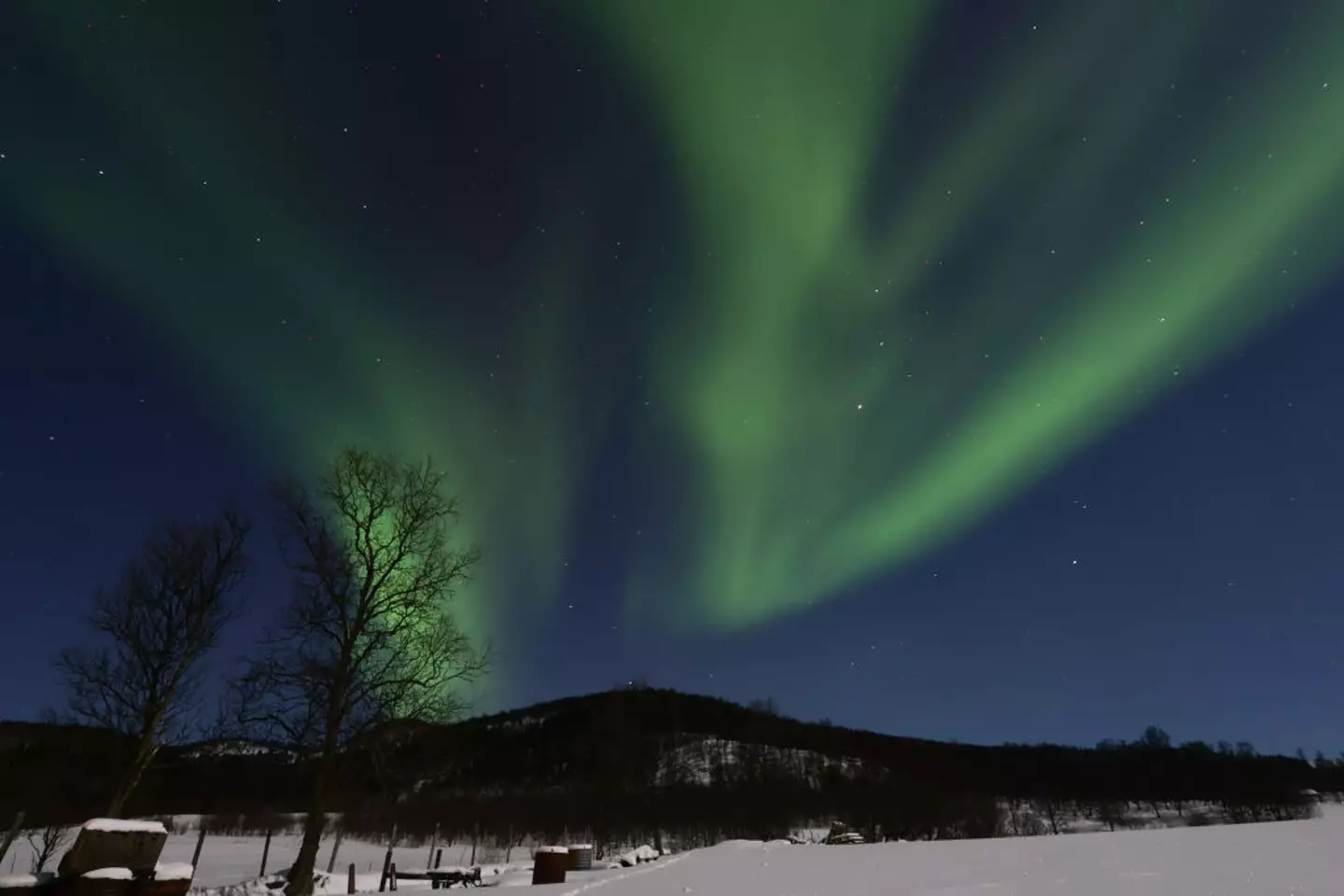
A study has highlighted a possible connection between one of the worst maritime accidents in history and the presence of the northern lights.
At 11.40pm on April 14, 1912, the British passenger ship RMS Titanic struck an iceberg and sank in the North Atlantic Ocean, killing 1,500 of the 2,240 passengers and crew aboard.
But research published in 2020 and reported by Live Science found a possible new element that may have affected the passenger liner’s navigation and communication systems that doomed night.
Independent weather researcher and photographer Mila Zinkova looked back on the weather conditions on the night the Titanic sank, resorting to both eyewitnesses’ accounts of that fateful night and various ships' logs.
Advert
Zinkova found that colourful streaks from the northern lights, also known as Aurora Borealis, were heavily present in the sky the night of the accident.

Published in the journal Weather in August 2020, the study suggests the geomagnetism of the aurora may have interfered with the Titanic’s communications systems, which likely made subsequent rescue efforts more difficult.
Zinkova also hypothesises that the geomagnetic force of the aurora affected the Titanic’s navigation system, and could have led the ship right towards the iceberg.
More commonly visible in high-latitude regions, auroras are the result of disturbances in the Earth's magnetosphere caused by the solar wind. These solar storms contain charged particles that can be strong enough to travel all the way to Earth.
When this electrified gas meets our planet’s atmosphere and travels through its magnetic field, it interacts with atmospheric gases like oxygen, thus resulting in the characteristic glowing pattern in green, red, purple and blue that we all admire.
As pretty as they are, these storms may also interfere with the Earth’s electrical and magnetic signals, causing surges and disruptions — and this is what Zinkova’s study poses happened the night of the Titanic tragedy.

Eyewitnesses seem to confirm that the northern lights were visible that night, with James Bisset, second officer of the RMS Carpathia which managed to rescue some survivors, noting in his log that ‘the Aurora Borealis glimmered like moonbeams shooting up from the northern horizon’.
In her paper, Zinkova stated that if a solar storm or geomagnetic storm was powerful enough to produce an aurora, then that same magnetic energy may have been able to have an impact on the navigation systems and communications aboard Titanic and other ships rushing to its rescue.
If the geomagnetic force of the aurora affected the Titanic’s navigation system, then it’s possible that the northern lights could have played a role in the fatal collision with the iceberg.
Even a seemingly minor deviation of 0.5 degrees off course would be enough to steer the liner towards the ice block, with Zinkova noting: “This apparently insignificant error could have made the difference between colliding with the iceberg and avoiding it.”
Topics: Titanic
